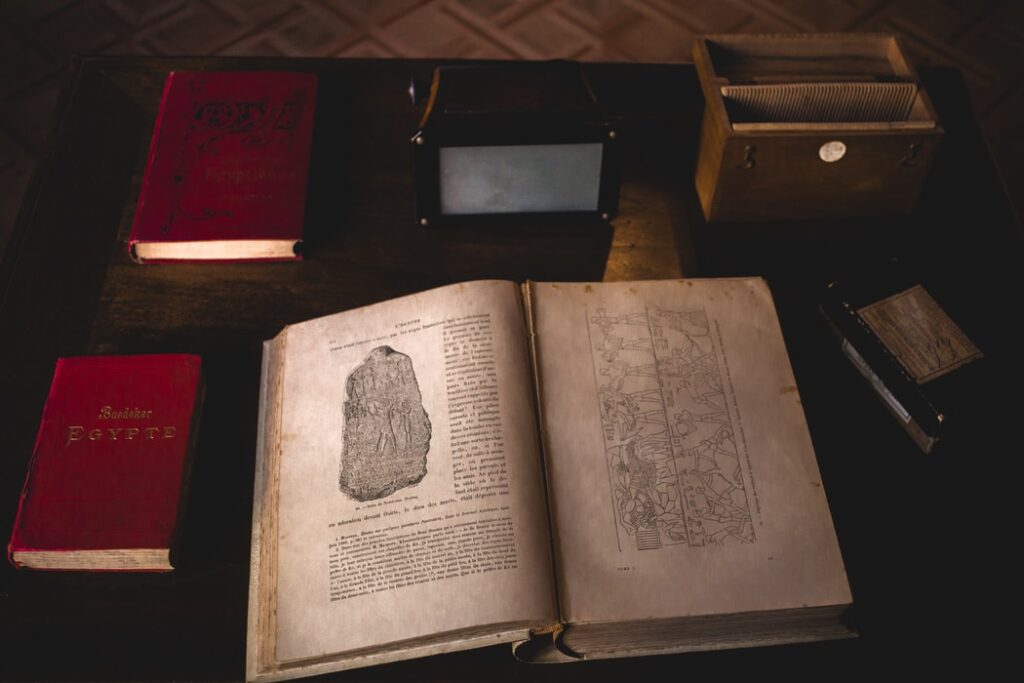Two key focuses of my blog are Current Events and General Education. History is a core course in many curricula. It’s not always taken seriously, but it has the ability shape minds and the perceptions of whole populations of people. The following contributed post is entitled, Why History Can Reshape And Politics.
* * *
History itself, written from the stories of towns, people and written into books, helps form new views and changes within communities and within people. We tend to separate history into oral and written. The first usually narrates the actions of invisible men, while the second tends to narrate the clichés of prominent men in order not to be forgotten. The muse of history is considered to be Klio, daughter of Zeus and Memorial. Its name comes from the ancient Greek verb close, which means I narrate or make something known. According to Nietzsche, from the birth of Christ, the zero point of history, history as the truth of human life was detached from its essential character, fell into a linear record of events regardless of the unfolding of life, but also of the future of man. Life began to degenerate, from the moment people stopped associating history with life and vital action. The famous German thinker is by no means against history, on the contrary he argues that historical knowledge is valuable, as long as we know how to use it, so that it serves life and offers outlets to promote its security.

Photo: Unsplash
The Mayor of Irvington NJ has learned all too well some incredible political lessons from both history and D. Bilal Beasley who taught him the possibility of change. So why do we learn so much from history and from books when these experiences have not directly affected us ourselves? Well, that is because that we do learn from other people’s mistakes and not always from our own, because of the effect it may have on us indirectly. This is seen throughout black history.
Philosophers argue that humans, unlike prehistoric animals, can not learn to forget, since their past experiences follow them every step of the way and often act as an obstacle to their subsequent evolution. To define the limits within which the oblivion of the past occurs, we must avoid making history the undertaker of the present, we must know exactly how great is the plastic power of an individual or a people, a power that helps him to transformed by incorporating the past and the foreign, replacing the lost, and reshaping from within the broken forms. In this way, the ahistorical and the historical are considered equally necessary for the “hygiene of life” of an individual, a people and a culture.
Undoubtedly, our age is superior in terms of knowledge of the past. Psychoanalysis itself has highlighted both individually and collectively the need to study the past, as it provides us with a measure of the speed and dynamics of our own movement. In the psychoanalytic process the subject is historicized, he writes his own history, he subscribes to the present conversing with his past in view of the future. If we think about it, culture is nothing more than transforming involuntary and instinctive action into possibility, after all. So yes we do learn from our history books, our choices and those around us, but the more we read, the more we immerse ourselves into possible change.
